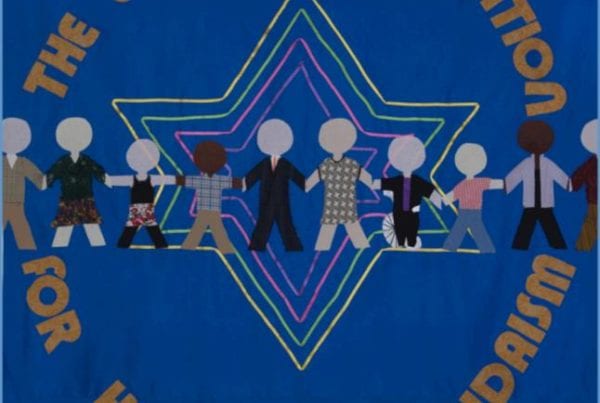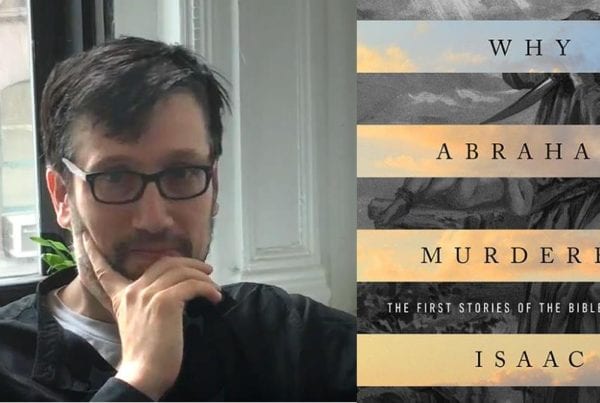Tashlikh 2015
Rabbi Peter Schweitzer
Normally, we use this moment in the service to talk briefly about the Tashlikh ceremony, a practice in which Jews symbolically cast off sins by shaking crumbs of bread into a large, natural body of flowing water. Today I want to share some extended thoughts about two books and the two men who wrote them.
Towards the end of July, you may have seen an article in the New York Times (July 23, 2015) with the headline, “From ‘Undocumented’ To a Classics Professor.” It told the story of Dan-el Padila Peralta who, at thirty years old, has recently written his life story. Peralta’s mother brought him to New York from the Dominican Republic when he was four years old. Because his mother saw how he was excelling in school, they overstayed their visa and remained here illegally.
A volunteer art teacher at a homeless shelter in Bushwick noticed Peralta’s early gifts and steered him to his alma mater, Collegiate. From there he went to Princeton, Oxford, and Stanford where he earned a doctorate in classics. But with all these accomplishments, he is still waiting for his green card application to be considered. This may all change soon because he married an American woman last March and hopes that will enable him to finally achieve citizenship.
And yet, Padila is still wary of enjoying his successes. “To explain his pessimism,” writes the Times, “Dr. Padila cited Homer’s Iliad, where two jars stood on the floor of Zeus’ palace, one containing bad things, and the other a mixture of good and bad. There are no vessels of all good things.”
“I live,” he said, “in part because of the conditioning of my childhood and adolescence, in this state of expectation that something really bad is about to come our way.”
When I think about the life of Jews under the Nazis, when a knock on the door could come at any time, I think that we, too, or at least many of our forebearers, were conditioned to always live in this state of anxiety, and even, all these years later, in the safety of this country, prefer to be on guard rather than take this security for granted.
Also this past July, in response to the Charleston shooting, Random House sped up the publication date of journalist Ta-Nehisi Coates’s stunning new book on race relations, which I read in practically one sitting. Coates book, entitled, “Between the World and Me” was written as a letter to his 15-year-old son Samori. It discusses America’s history of racial violence and explores what it is like to inhabit a black body in this country.
While Dan-el Peralta feared the INS and exportation at any moment, Ta-Nehisi Coates describes his constant fear just to leave his house, to navigate the streets close by and far away, to avoid, at all costs, even the smallest gesture that could be used as an excuse for violence against him, to somehow still get home safely.
And then Coates had a son, and feared for him and for his safety and he wanted to impart the lesson of caution that had been imbedded in him. He needed to armor his son, to prepare him for what lay ahead. And yet at the same time, Coates was tormented with anguish that he couldn’t unshackle himself from this instinct and impart a freer outlook to his son, and by extension, to himself as well. “I am wounded,” he wrote. “I am marked by old codes, which shielded me in one world and then chained me in the next…I am now ashamed of the thought, of my fear, of the generational chains I tried to clasp onto your wrists. … I am tied to old ways which I learned in a hard house.”
This passage immediately reminded me of a Jewish teaching. The reason, we are told, that the Exodus from Egypt took forty years was for the generation of slaves and of slave-mentality to die out, so that a new generation of free Hebrews could start anew. Only it didn’t work that way for the descendants of the American slave experience, whose shackles may have been removed physically but whose bodies and souls remained shackled and tormented.
And yet Coates was determined for his son to get free of his own past. “Your route will be different,” he wrote. “It must be. You knew things at eleven that I did not know when I was twenty-five…already you have expectations, I see that in you.”
Coates describes a seminal moment when he went to France for the first time, not too many years ago. For him, growing up in a tough neighborhood in Baltimore, France might just well have been an imaginary planet in another galaxy. Before he went, he told his wife he was afraid. He did not know the customs, the code of the streets. But when he was there he had multiple experiences of discovery, of a new-found freedom, of peace of mind, that were not framed or tempered by his constant fear. These experiences unnerved him at the same time that they exhilarated him.
The next summer Coates didn’t waste any time and brought his son there to experience that freedom. Now their family is planning to move to Paris for an extended period of time, where, he says, he is seen first as American rather than as black, and this is a relief. Paradoxically, it is that same France, of course, that has witnessed a rise of extremism, with a significant increase of attacks on visibly identifiable Jews that has led to a doubling of Jewish emigration in the last year.
After reading Coates book, the author Michael Chabon wrote that what Coates taught him was that “real courage is the courage to be vulnerable…to acknowledge the limits of our power to protect our children from harm and, hardest of all, to see how the burden of our need to protect becomes a burden on them, one that we must, sooner or later, have the wisdom and the awful courage to surrender.”
As we take a few moments for silent meditation, I’d invite you to think about your own sense of safety and vulnerability, about your own privileges and advantages, and how similar or different your own life journey has been.


